
Best debit cards with crypto rewards in 2025
Top crypto debit cards
-
We compared the most popular crypto debit cards to see which ones make it easiest to spend digital assets in the real world. Our reviews focus on how much value you keep after accounting for FX fees, ATM charges and conversion spreads.
-
Some debit cards promise high returns but require staking volatile tokens or limiting spend to capped tiers. We highlight which products offer simple, reliable rewards and which ones are less competitive once conditions are applied.
-
Debit cards don’t involve borrowing, but they vary widely in usability. We also look at custody models, regional availability and app experience to show which cards work best for everyday spending.
- We avoid cards that have restrictions, such as a waitlist.
The List

A Visa debit card that lets US users spend directly from their Uphold balances and earn up to 4% back in XRP, dropping to 2% after 90 days.
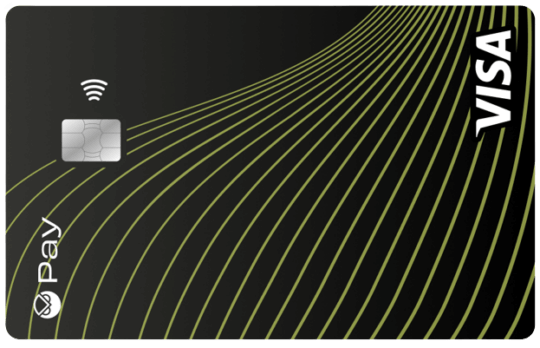
The Gnosis Pay card links directly to a Safe wallet and offers up to 4% rewards, making it a strong choice for DeFi users willing to hold GNO.

The Ready Metal Card is a self-custody debit card that pays 3% cashback in STRK and includes exclusive partner perks, making it one of the more generous crypto rewards cards available in Europe.

The Bybit Card advertises up to 10% cashback, but caps and fees mean most users will see an effective rate closer to 2–4%.

The MetaMask Virtual Card lets users spend tokens straight from their wallet with 1% rewards, but fees on certain transactions limit its everyday value.
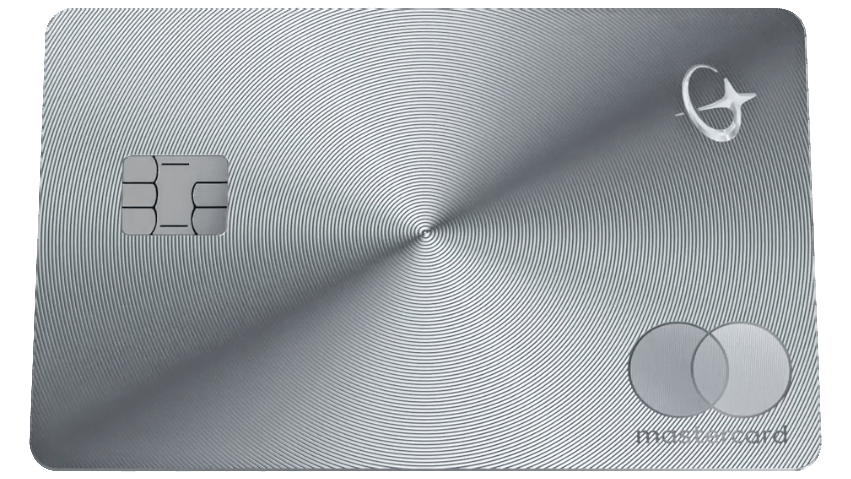
Bleap offers a non-custodial crypto debit card with clean 2% USDC cashback and no FX fees, but a low monthly cap reduce its practical earning potential.

BitMart’s Visa card offers tiered cashback and solid usability, but the highest benefits are locked behind high exchange activity and holdings.

The Plutus Card advertises 3% cashback, but caps and subscription fees mean most users earn closer to 0.75–1.5% depending on tier.

The Solayer Emerald Card combines DeFi yield with spending rewards, but fees and limited access make it best for Solayer’s crypto-native community.

A card with token-based rewards that look high on paper but depend on a future $KAST token and unlocks, so effective rates probably land closer to 1–2% for most users.

The Crypto.com Ruby Steel Debit Card offers 2% cashback with a $25 monthly cap but the monthly fees can eat into the rewards.

The Coinbase Debit Card is convenient for existing Coinbase users, but unclear spreads and weak rewards make it hard to recommend for earning.
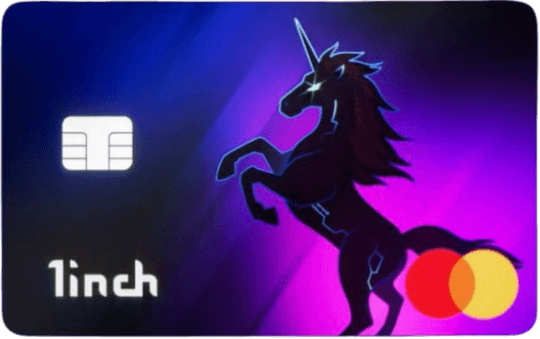
The 1inch Debit Card links wallets to real-world payments with up to 2% rewards, but high fees largely cancel out its benefits.

The Wirex Card is widely available, but most users earn only about 1% back, with higher advertised rates locked behind costly subscriptions and token requirements.

The CoinJar Card offsets its 1% purchase fee with points worth up to 2%, leaving most users with little or no net cashback.
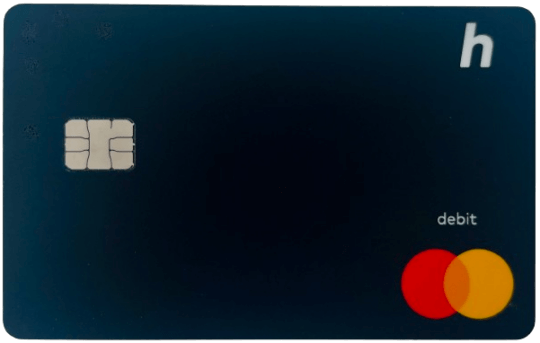
The Holyheld Card offers 0.5–1% USDC cashback, but high upfront fees mean it only makes sense for heavy, consistent spenders.
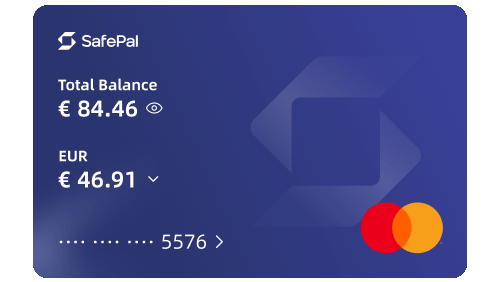
SafePal’s Card is a compliant crypto-fiat bridge designed for convenience and regulatory assurance rather than high-yield rewards.
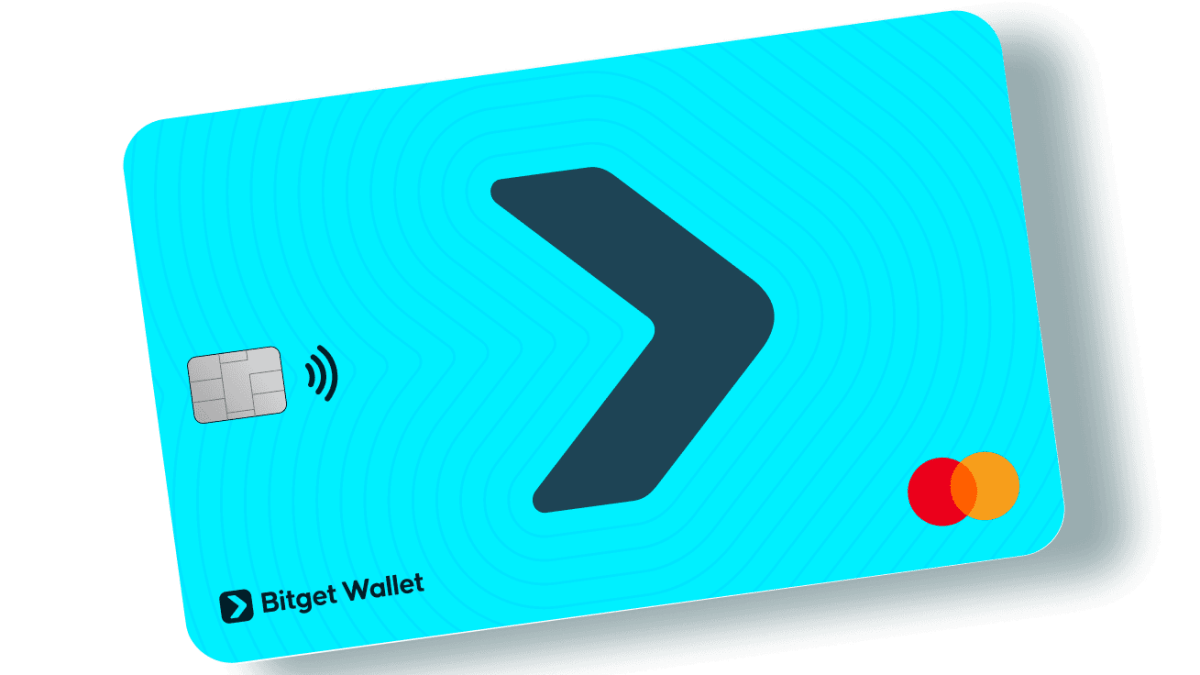
Bitget Wallet Card lets users spend crypto through Visa in nine Asia-Pacific markets with low fees and broad network access, but lacks any direct rewards on spending.
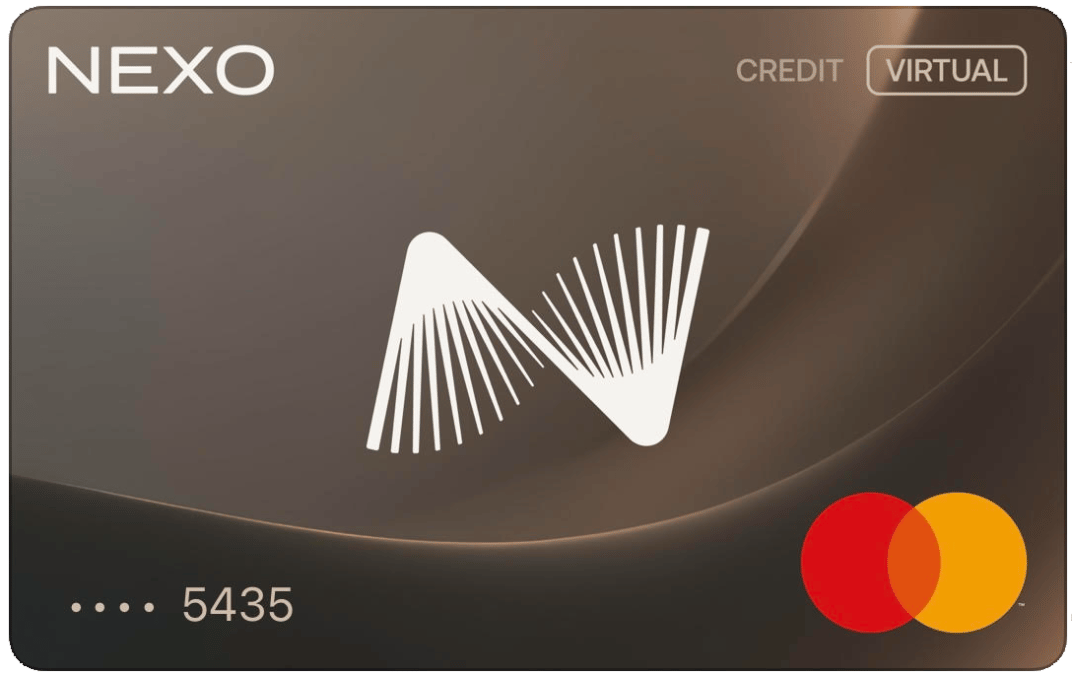
The Nexo Crypto Card is a virtual or physical debit card that offers crypto rewards in credit mode but no rewards in debit mode.

The Avalanche Card lets users spend AVAX and stablecoins directly via Visa with self-custody, but offers no clear rewards and limited features compared to other crypto cards.
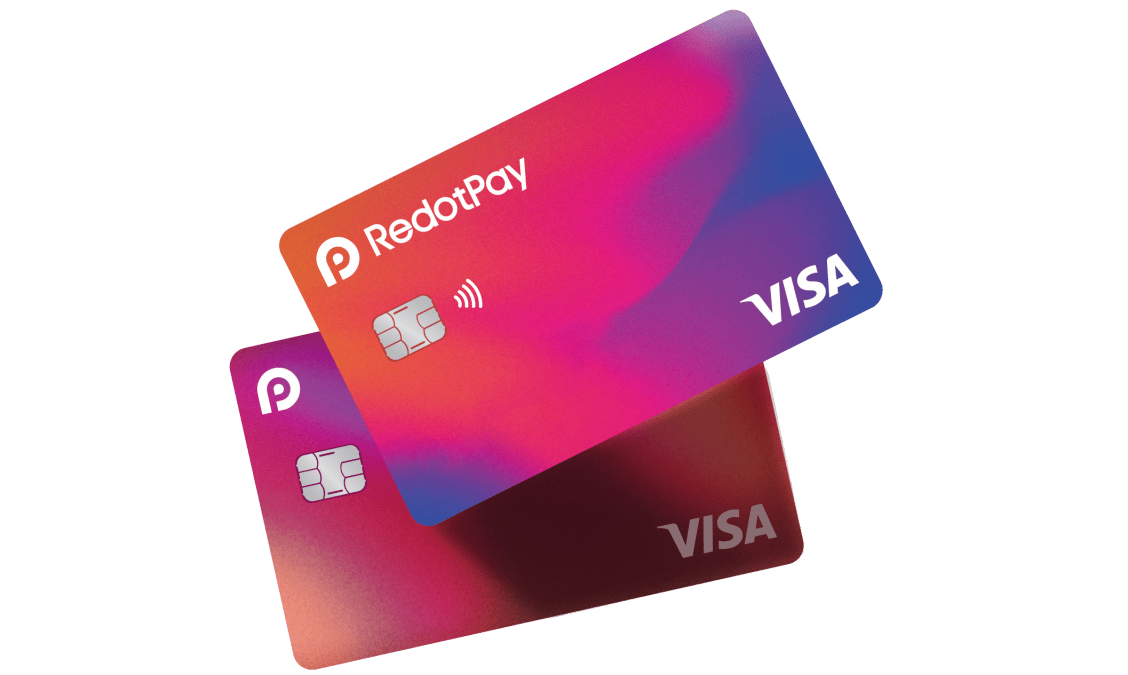
RedotPay offers a stablecoin-funded Visa card for global spending with broad acceptance and high limits, but no rewards and relatively high transaction fees.
How we score crypto debit cards
Our scores are based on more than just the headline reward rate. We look at how practical the card is to use day-to-day and whether the rewards really hold up once you factor in the fine print.
-
Effective rewards, not marketing rates: We calculate what you actually earn after caps, conversion spreads, and hidden fees. A card that claims “10% back” but only delivers a capped $25/month won’t score as highly as one that provides a steady 1–2% return on real spending.
-
Costs and fees: Foreign exchange charges, ATM withdrawal fees, top-up fees, and inactivity penalties all cut into the real value of rewards. Cards with low or transparent fees rate higher.
-
Token lockups and exposure risk: Some debit cards require staking native tokens to boost rewards. This introduces volatility risk, which we factor into the score.
-
Complexity vs simplicity: Tiered reward systems that force users to optimize every spend are penalized compared to cards that “just work” with a clear, flat reward rate.
-
Security and custody: Whether funds are custodial or non-custodial, the issuer’s protections, and track record for safety all feed into the security score.
-
Usability: Availability by region, ease of signup, and how well the card integrates with apps or wallets also matter.
The result is a single score that reflects how an everyday user will actually experience the card — not just the numbers in the marketing.
Frequently Asked Questions
Disclaimer
The Block evaluates products and services based on merit and relevance to our readers, independent of compensation. However, we may receive compensation in the form of affiliate commissions when you click on certain links or when sponsored products and services are featured on our site. This compensation may influence how, where, and in what order products appear, but it does not affect our editorial integrity. Why trust us?
We aim to provide a broad view of crypto products and services, but we do not necessarily cover every option available in the market.
The Block does not offer financial, investment, tax, or brokerage advice. While we strive to provide accurate and up-to-date information to help readers make informed decisions, we do not provide personalized recommendations. Always verify product details (including rates, terms, and eligibility) directly with the provider before applying or signing up. Offers are subject to change and are presented without warranty. After clicking on an offer, you will be directed to the issuer’s website, where you can review the applicable terms and conditions.
Ownership Disclosure
Disclaimer: The Block is an independent media outlet that delivers news, research, and data. As of November 2023, Foresight Ventures is a majority investor of The Block. Foresight Ventures invests in other companies in the crypto space. Crypto exchange Bitget is an anchor LP for Foresight Ventures. The Block continues to operate independently to deliver objective, impactful, and timely information about the crypto industry. Here are our current financial disclosures.